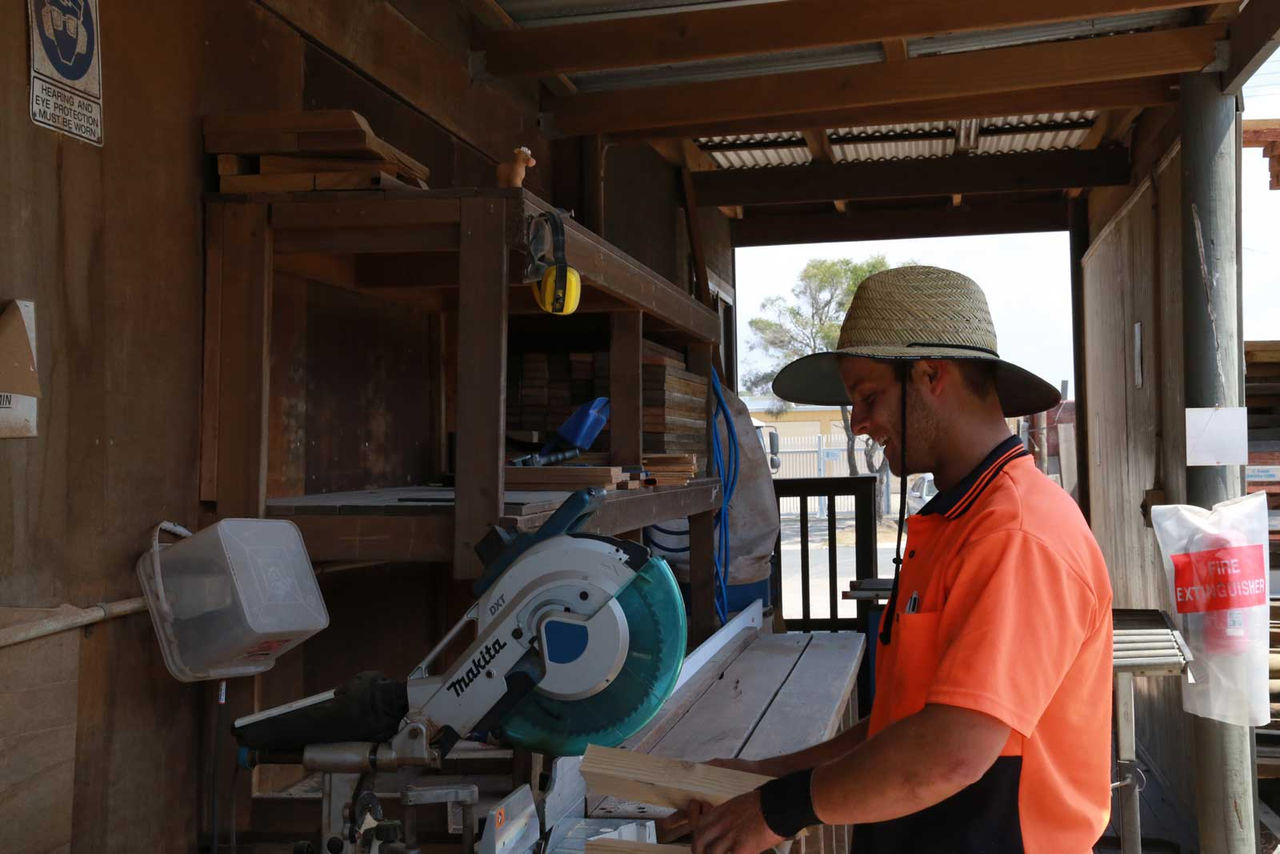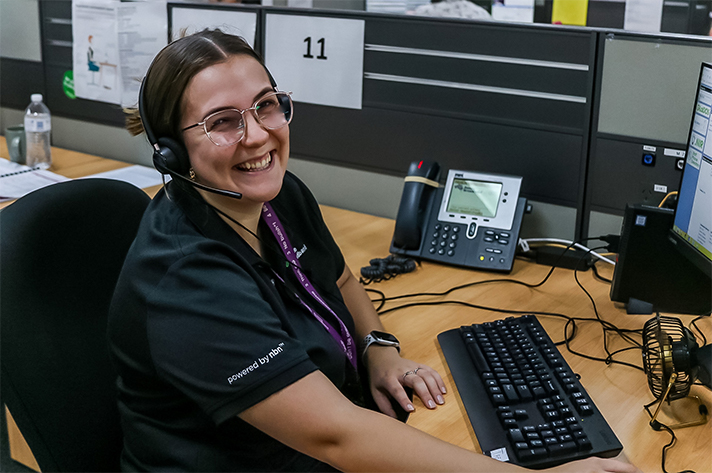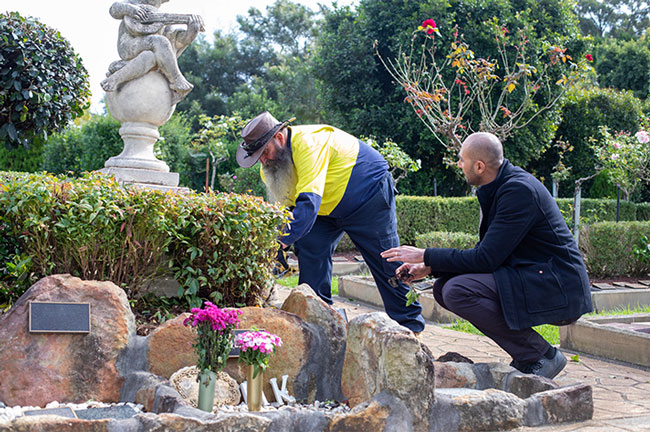What's the role of an occupational therapy assistant?
Published by MAXSolutions on March 12, 2024
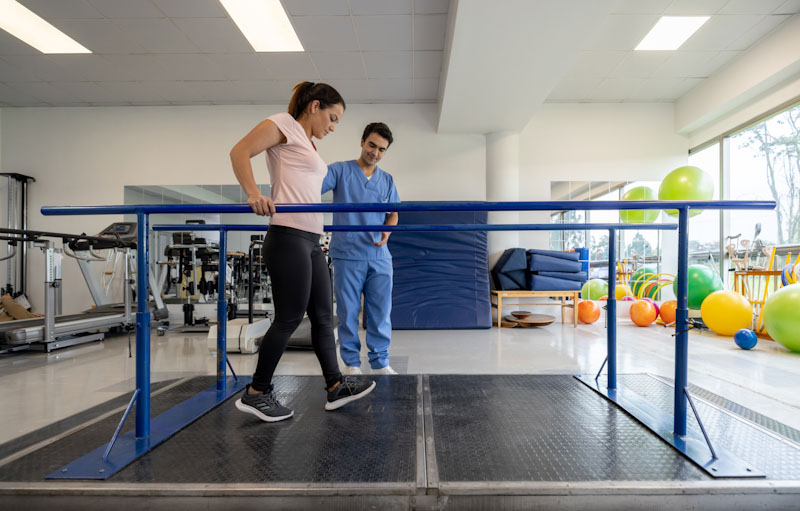
In the healthcare sector, occupational therapist assistants offer indispensable support to individuals navigating physical, mental, or developmental challenges.
Their role in facilitating independence and improving daily life is pivotal.
As the demand for rehabilitation services continues to rise, particularly in an aging population, the role of occupational therapist assistants becomes increasingly vital.
If you've been considering a fulfilling career where you can make a tangible difference in people's lives, read on to discover more about the world of occupational therapy assistance.
What’s it like being an occupational therapist’s assistant?
Occupational therapist assistants support individuals undergoing rehabilitation to regain skills for everyday living.
They work closely with occupational therapists to implement treatment plans, providing hands-on support and guidance to clients as they navigate their journey toward recovery.
Occupational therapy can take place in a range of settings such as hospitals, aged care facilities, community health centres, private clinics and more.
Clients come to occupational therapists for many different reasons so clients can vary in terms of needs and their treatment.
Skills and qualities
To excel as an occupational therapist assistant, a diverse skill set and a range of qualities are essential.
Compassion, patience, and empathy form the foundation, many times you are not just working with a body but helping clients past their mental barriers.
Using your excellent communication and problem-solving skills you can help clients overcome these challenges in creative ways.
Finally, a keen understanding of various physical and mental health conditions is crucial for effective assistance, as clients often present with unique challenges that require tailored approaches to care.
Thankfully this is a part of the job that you will accumulate over time as you gain experience.
A Glimpse into the daily routine
Therapeutic activities
Occupational therapist assistants engage clients in a variety of therapeutic activities aimed at improving motor skills, cognitive function, and overall well-being.
These activities may include exercises to enhance mobility, cognitive games to stimulate mental acuity, and adaptive techniques to promote independence in daily tasks.
Clients come to occupational therapists for many different reasons so clients can vary in terms of needs and their treatment.
Assisting with rehabilitation
Occupational therapist assistants play a hands-on role in facilitating rehabilitation sessions and guiding clients through exercises and activities designed to improve strength, flexibility, and coordination.
They provide feedback and encouragement, empowering clients to overcome challenges and achieve their goals.
Emotional support and encouragement
Beyond physical assistance, occupational therapist assistants offer invaluable emotional support and encouragement to clients as they navigate the ups and downs of their rehabilitation journey.
They listen attentively to clients' concerns, provide reassurance during moments of frustration, and celebrate achievements, fostering a positive and supportive environment conducive to progress.
Challenges and rewards
Challenges of the job
Working as an occupational therapist assistant comes with its share of challenges, including physical demands, emotional investment, and navigating complex client needs.
Witnessing clients' struggles and setbacks can be emotionally taxing, requiring assistants to practice self-care and seek support when needed.
Additionally, the evolving nature of healthcare technology means staying in touch with new and exciting treatments and tools is a big part of your role.
While this can be challenging, the ongoing learning opportunities can keep the job interesting as you discover new ways of doing and better tools to make your job easier.
Rewards and fulfilment
Despite the challenges, working as an occupational therapist assistant is incredibly rewarding, offering moments of joy, progress, and fulfilment.
The opportunity to witness clients regain independence and achieve their goals serves as a constant reminder of the impact of your work.
Each day presents unique opportunities to make a meaningful difference in the lives of clients, reaffirming the importance of their role in the rehabilitation process.
The future of occupational therapy assistance
Changing technology
As the demand for rehabilitation services continues to grow, the role of occupational therapist assistants will become increasingly vital in meeting the needs of clients across diverse settings.
Embracing opportunities for professional growth and development, including ongoing training and education, will be essential to stay abreast of emerging trends and advancements in the field.
Integration of technology
The integration of technology in occupational therapy holds immense potential to enhance treatment outcomes and improve client experiences.
From virtual reality simulations to assistive devices, technological advancements empower occupational therapist assistants to deliver innovative and personalized care tailored to individual client needs.
Embracing these technologies ensures a sustainable and impactful future for occupational therapy assistance, driving positive outcomes for clients and practitioners alike.
If you love assisting people to achieve their physical goals and help them lead more active and fulfilling lives being an occupational therapists assitant might be the right fit for you.
Each day presents its unique challenges and rewards, shaping the narrative of rehabilitation in profound ways.
If you have been thinking about becoming an occupational therapists assistant a good place to start would be with a HLT33015 Certificate III Allied Health Assistance
Share
Tags
Found this useful?
Help and advice
Our blogs are about helping people seek the information that they need for their steps in the workforce.






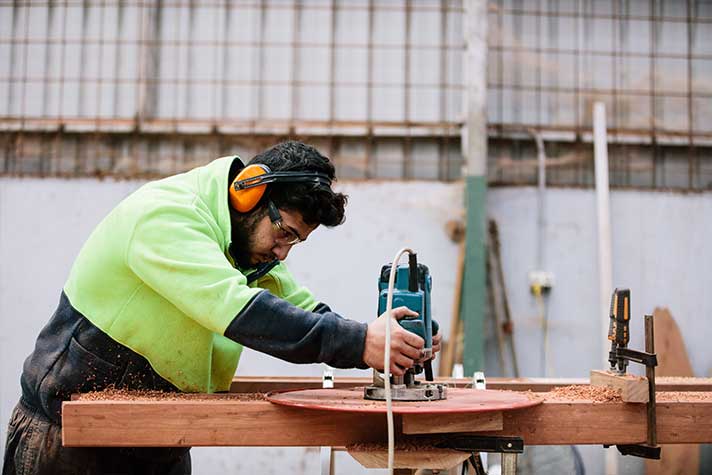







_1.jpg)





























.jpeg)
